Sustainability in Singapore: Easy and Unconventional Ways to Reduce Food Waste at Home

PUBLISHED October 28th, 2020 06:00 am
For a small country, Singapore produces a whopping amount of food wastage, disposing over 600,000 tonnes annually. While much of this happens industrially, about 26,000 tonnes come from households – we’ve all had to toss week-old leftovers and spoilt fruit in the bin every now and then, right? Well, these simple tips will help you minimise food wastage in the home. We also have a few tips on what you can do with unavoidable food waste (bonus: cocktails are involved!).
Make A Plan

Rather than heading to your nearest supermarket and grabbing what catches your fancy, take a few minutes to make a list before going out to shop, checking your fridge and pantry and noting what you need to buy. Planned purchases will help you make sure you have an idea of how and when you’ll use your groceries, with less food going spoilt because you’re not sure what to do with it.
Set Your Groceries Up For Success
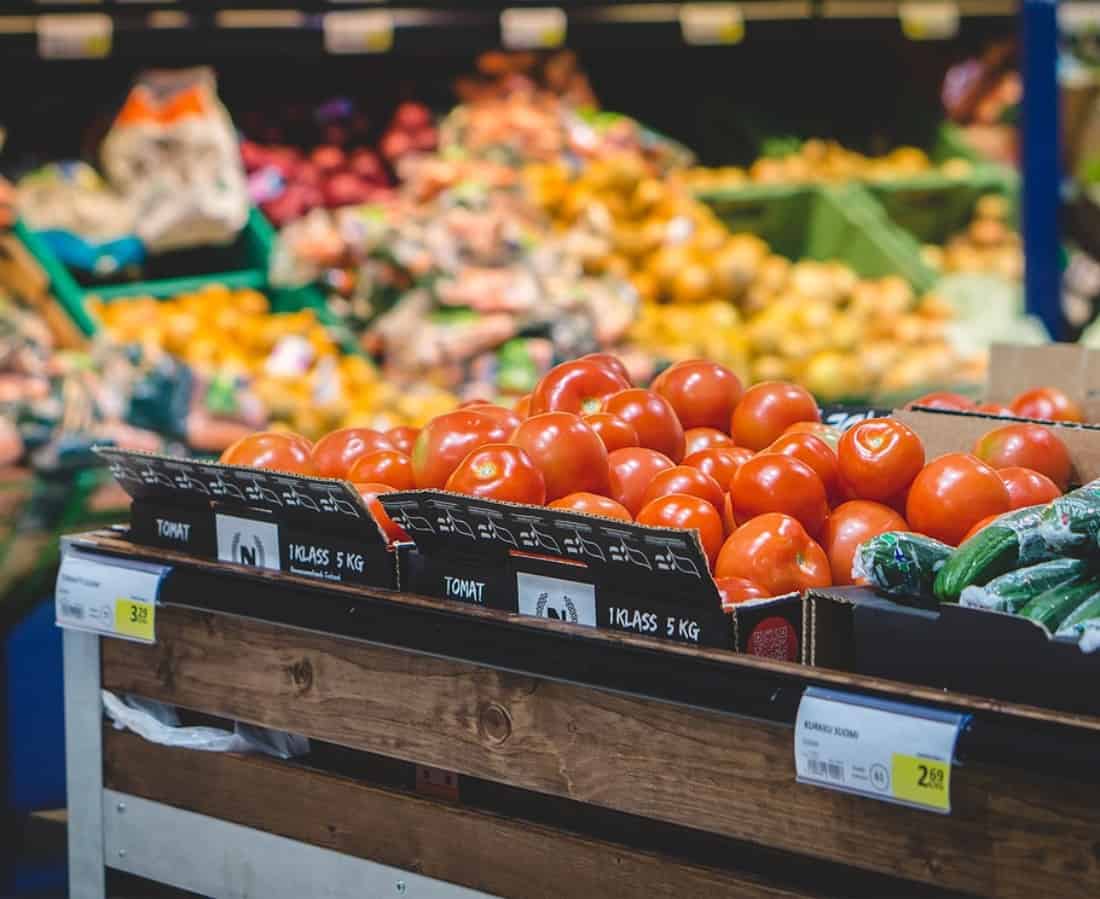
Sometimes, food might be spoiling not necessarily because we don’t get to it on time, but because we’re not giving it the best chance of survival. Learning how (and where) to store everything from bread to vegetables to dairy products and meat is key to helping your food last longer. For instance, fruit shouldn’t be washed before you store it in the fridge and cheese shouldn’t be tightly wrapped in plastic or tin foil – read more on how best to store your food here.
Label Your Leftovers
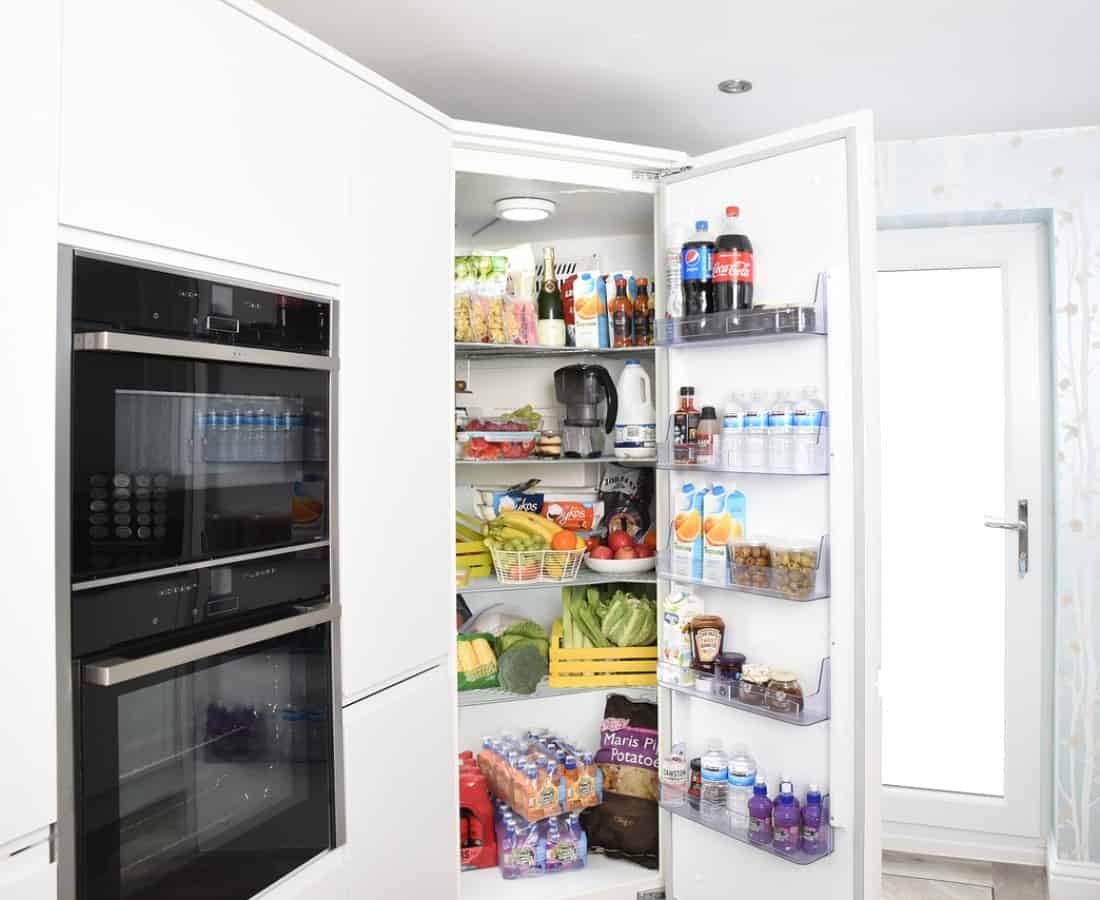
Do you always find jars half full of a mysterious substance in the back of your fridge and chuck it out before realising it was that pesto you made a month ago? A simple solution might just be to label your jars or containers of leftovers for easy location (a simple strip of masking tape and a marker will suffice). When you’re labelling, scribble down the date you cooked or bought the food, just so you know when you might need to finish it by.
Reshuffle Regularly
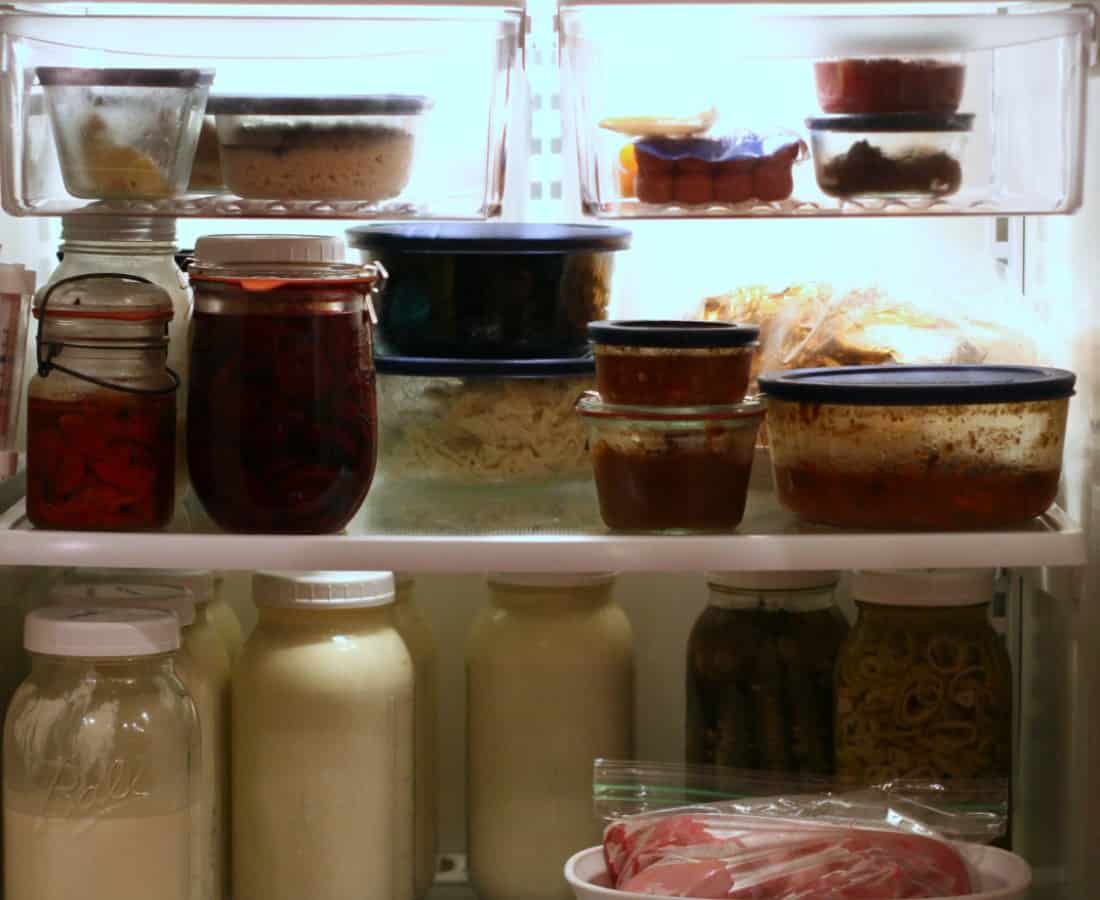
One way to make sure you use things before they expire is to put older foods or things expiring soon at the front of your refrigerator, and newer foods at the back, so you instinctually reach for those first. Schedule a fridge clean out every few weeks just so you can make sure everything’s in order.
Freezers Are A Food’s Best Friend
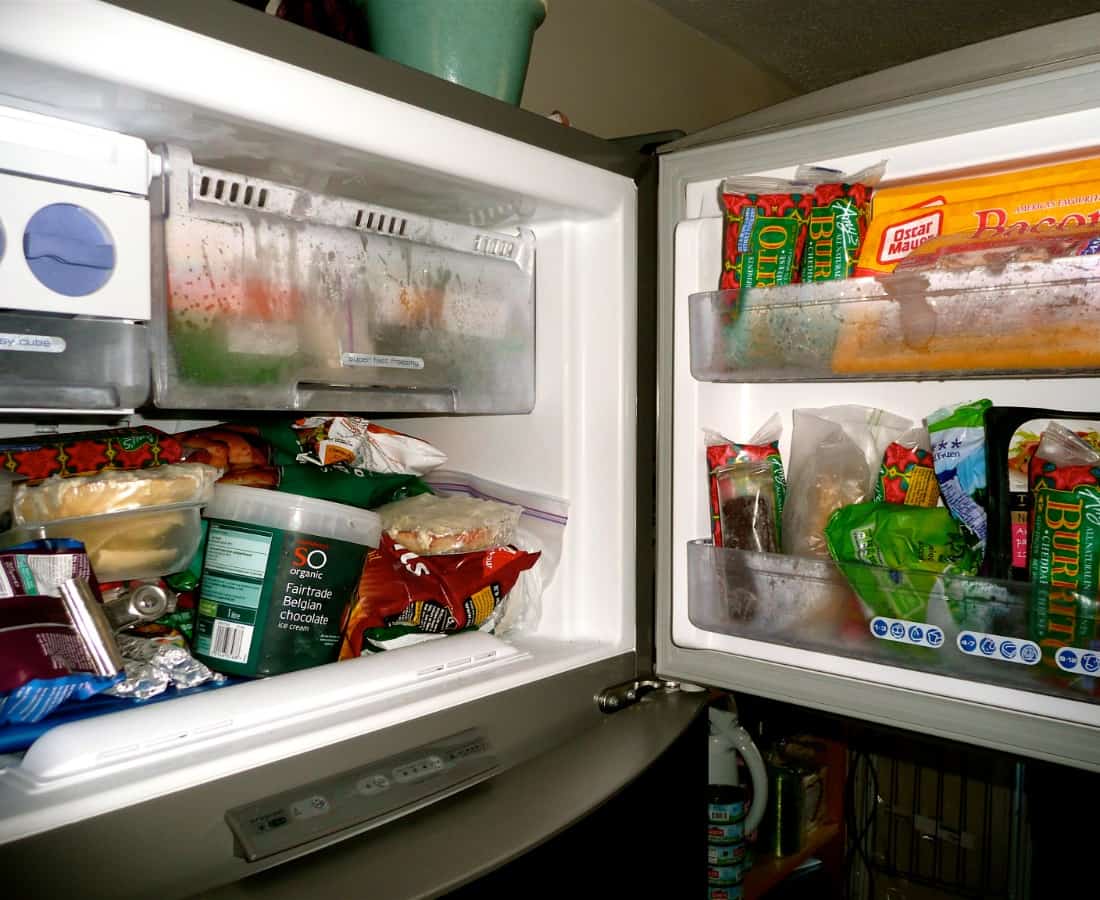
Do you have half a cooked steak or some fruit about to go bad you know you won’t be able to finish in the next few days? Stick ’em straight in the freezer. You might not think cooked food can go into the freezer, but it’s actually a great way of storing it, as leftovers can last for a long time in there. Just thaw it out and reheat thoroughly once you’re ready to consume it again. Frozen fruit are also a great snack in and of themselves (frozen grapes, anyone?) or thrown into a smoothie.
So you’ve followed all these tips but there are still some kinds of waste that you can’t fully eliminate — namely scraps from produce and meats. Here are some inventive ways you can make use of them.
Using Up Fruit Peels

Fruit peels have a ton of uses. Try oven-drying them to make tisanes (herbal teas) or seasonings (like this glorious lemon pepper). Maybe infuse them into a simple syrup or use as garnishes for some fancy homemade cocktails (the orange peel for your Old Fashioned has to come from somewhere). Fruit peels can also be made into drinks like tepache, a fermented beverage that’s easier and more low maintenance than making kombucha.
Scraps Make The Best Stock
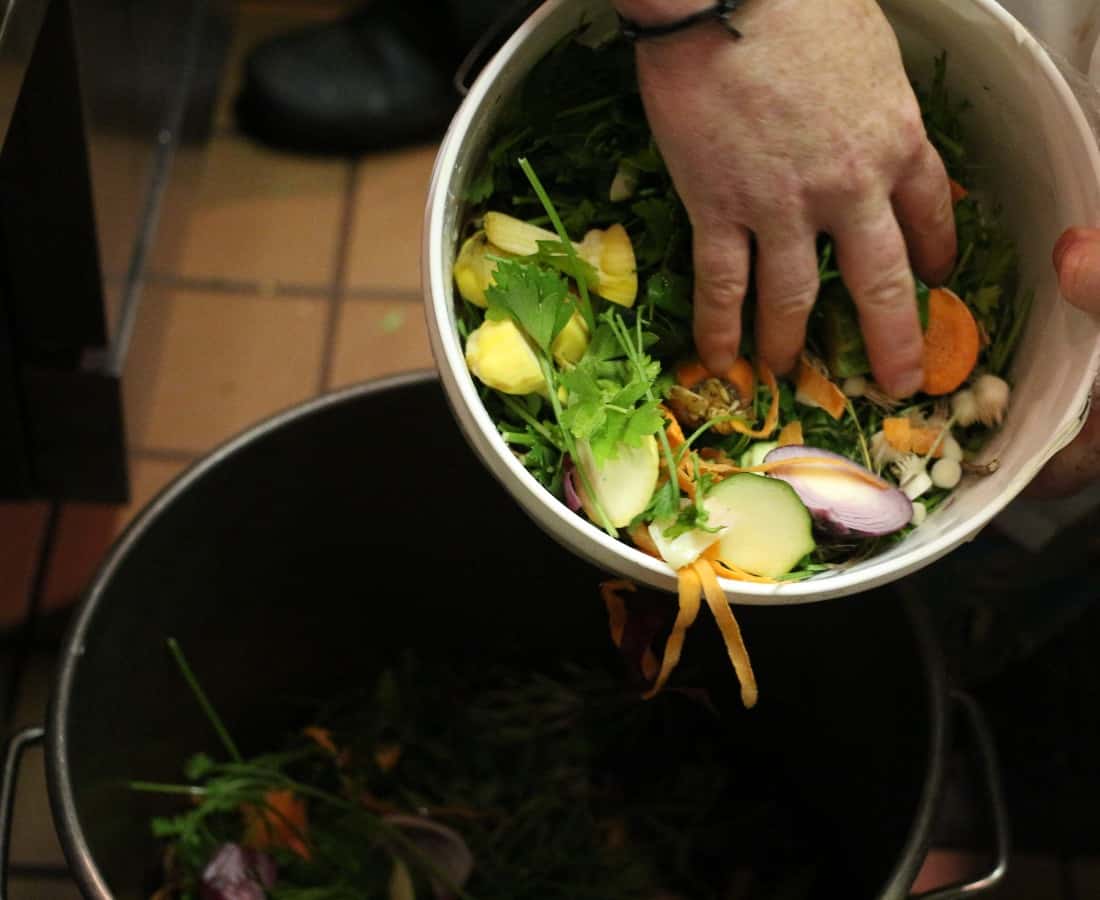
Don’t throw away the scraps from your veggies or meat just yet. While not exactly something you might want to eat, these odd ends still pack a great amount of flavour that come through beautifully in a homemade stock — so much yummier than the store-bought kind. While a day’s worth of scraps might not be enough, you can freeze a container of scraps and keep adding more to it until there’s enough to make the soup of your dreams.
Composting In The City
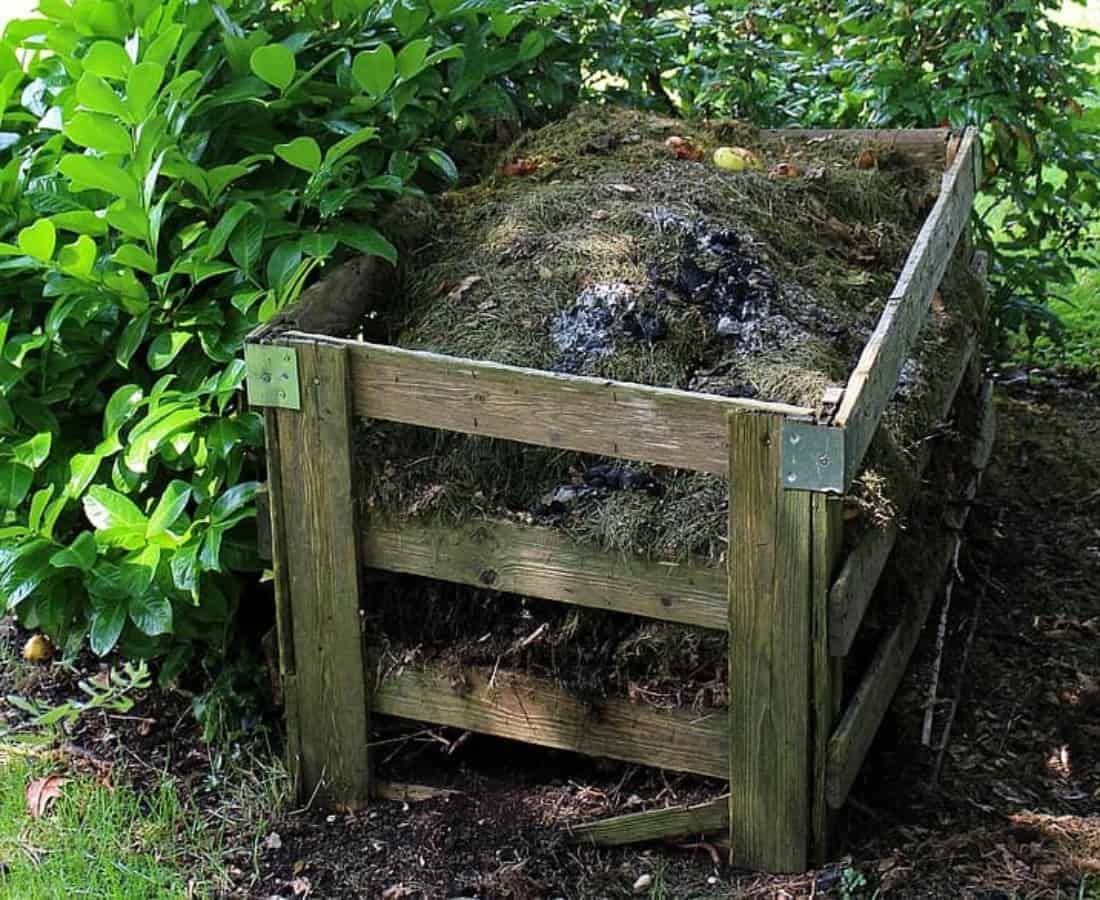
Composting. The thing everyone seems to suggest but no one really knows how to do. But fret not — there are a couple easy ways you can get started, even if you live in a backyard-less HDB like the average Singaporean. This NParks guide details an easy, low-commitment way to get started. Pro-tip: if you’re doing this in an apartment, be sure to go for aerobic composting, as it doesn’t create the strong odour you might find in other types of composting.
Top image: Pixnio.com


